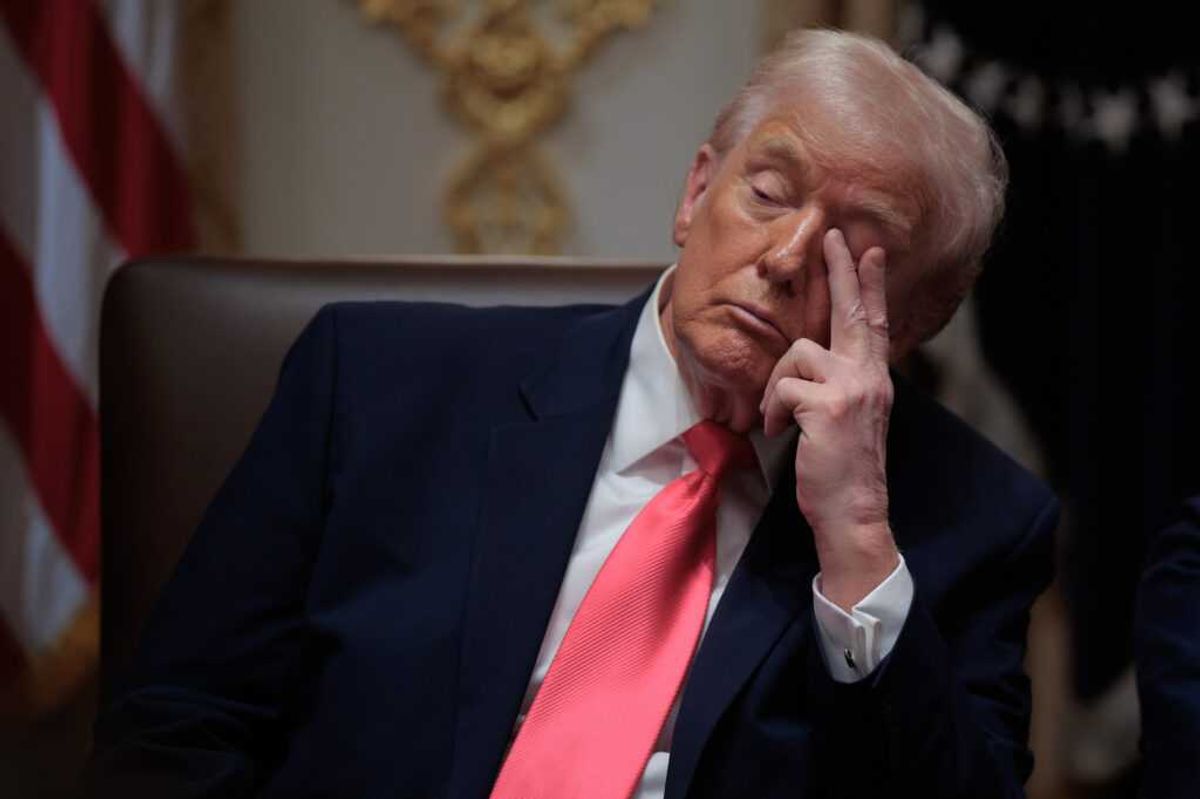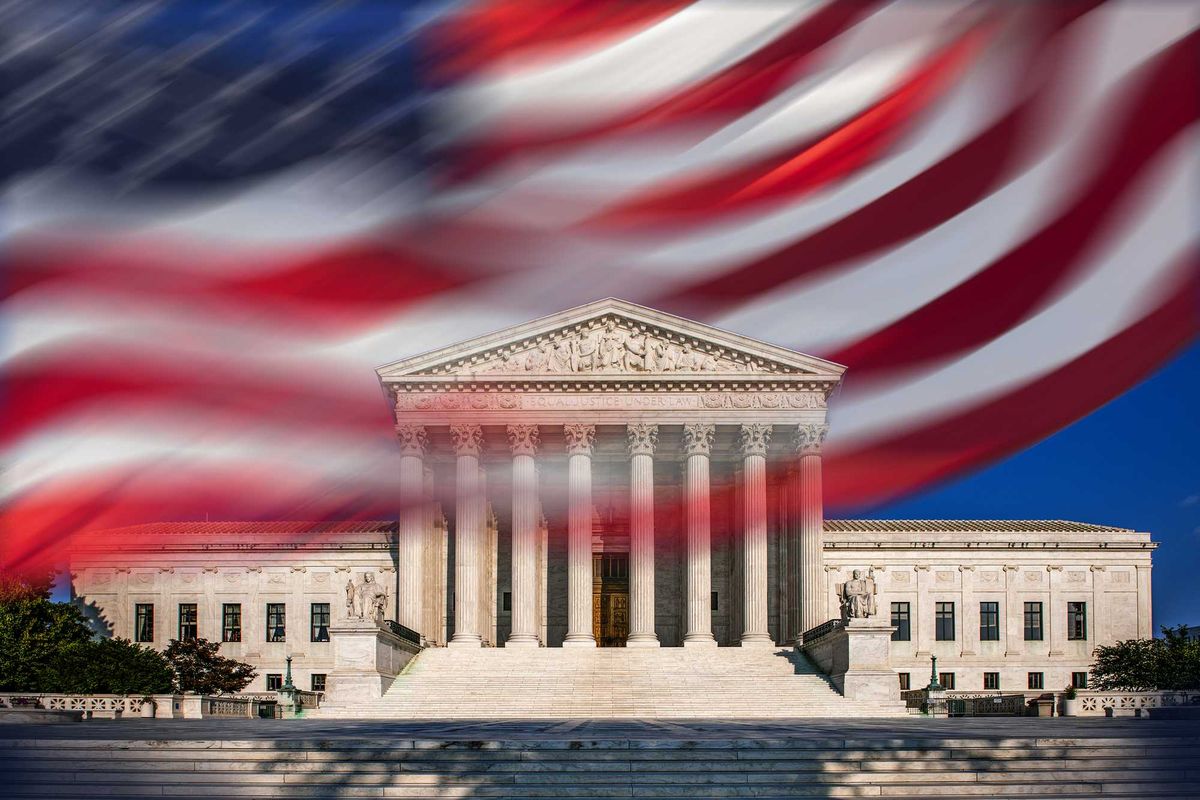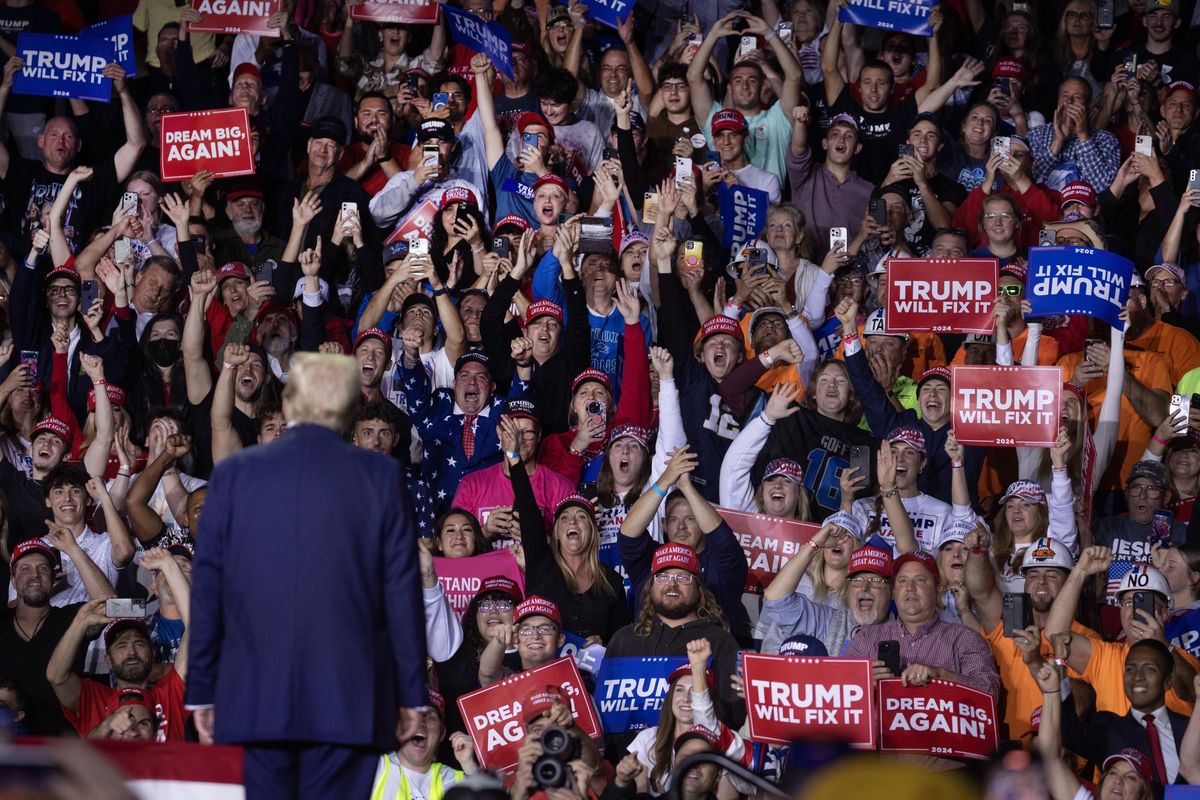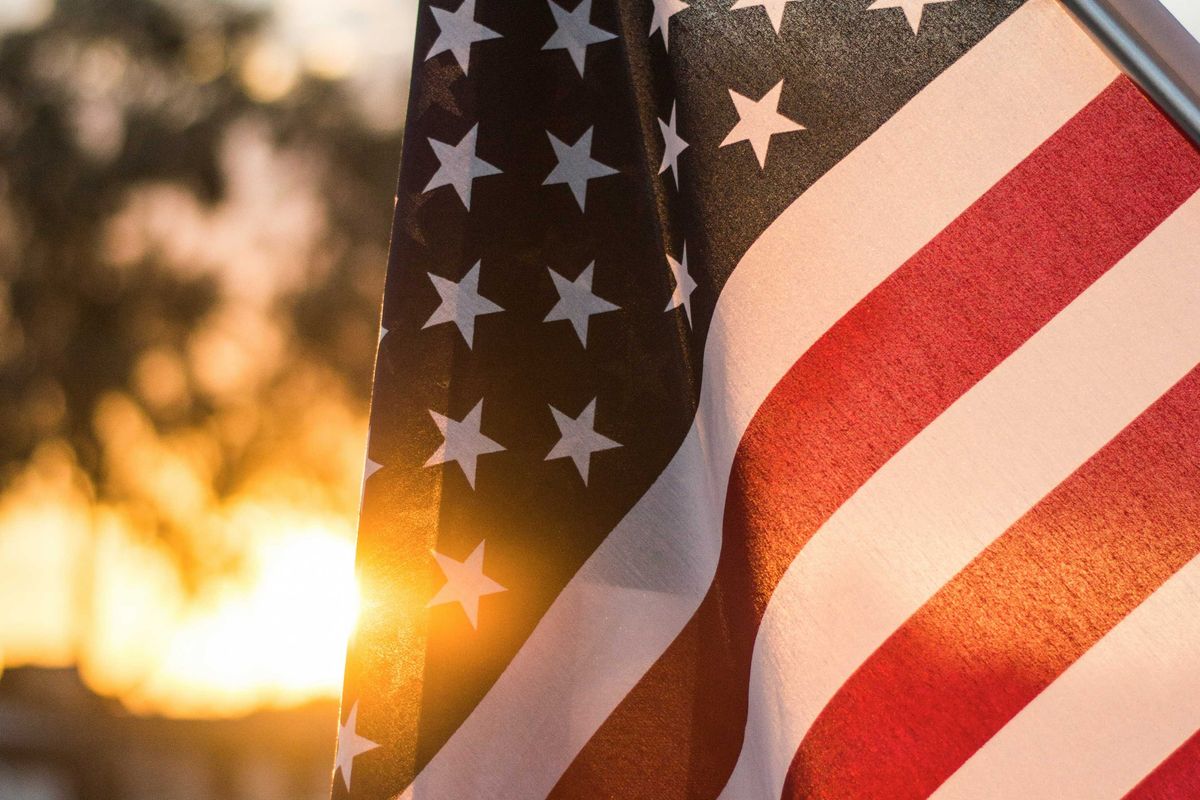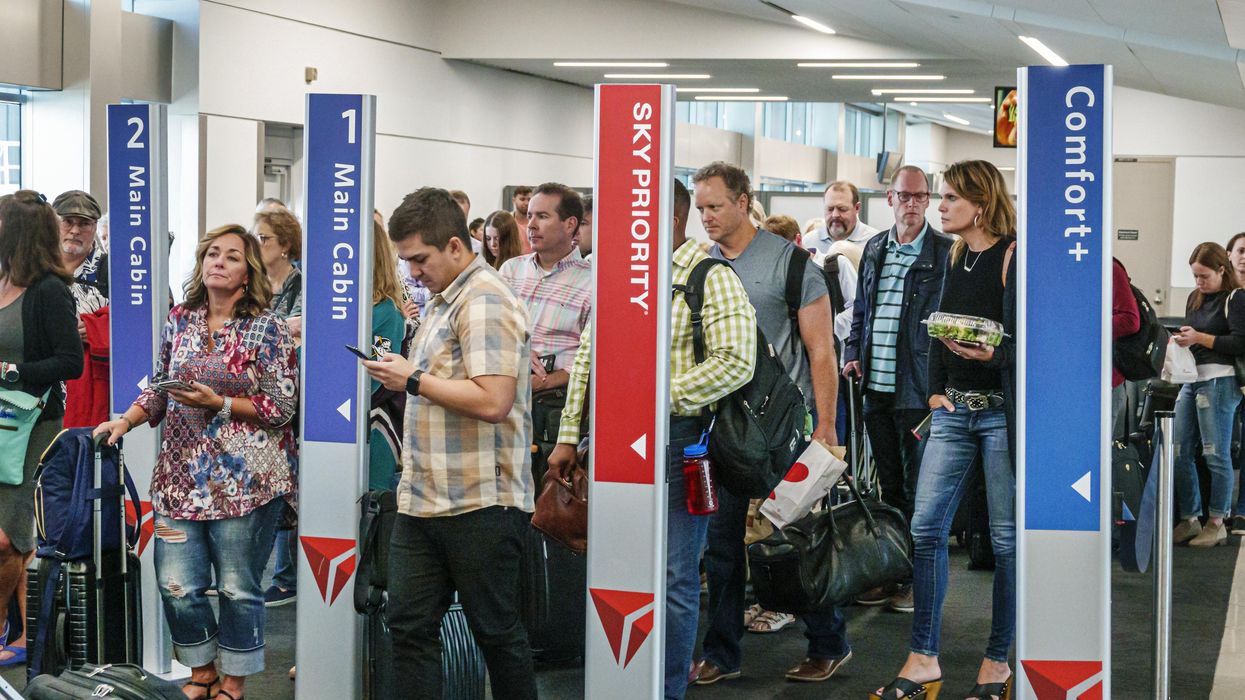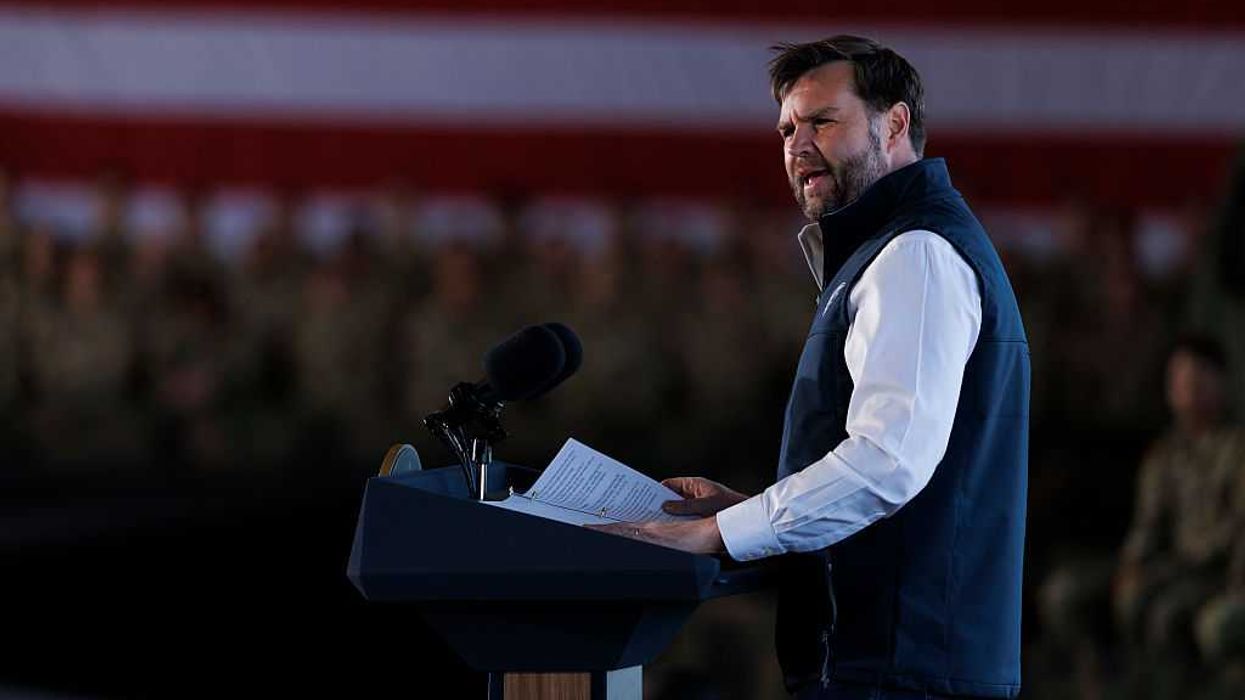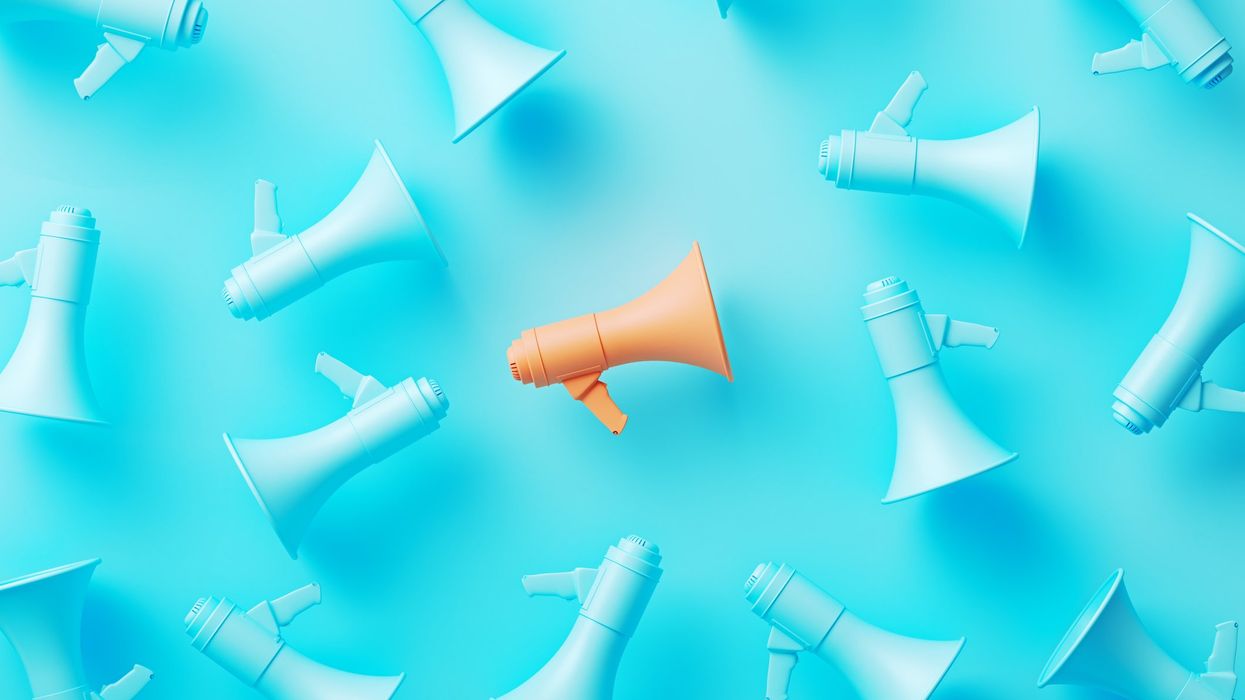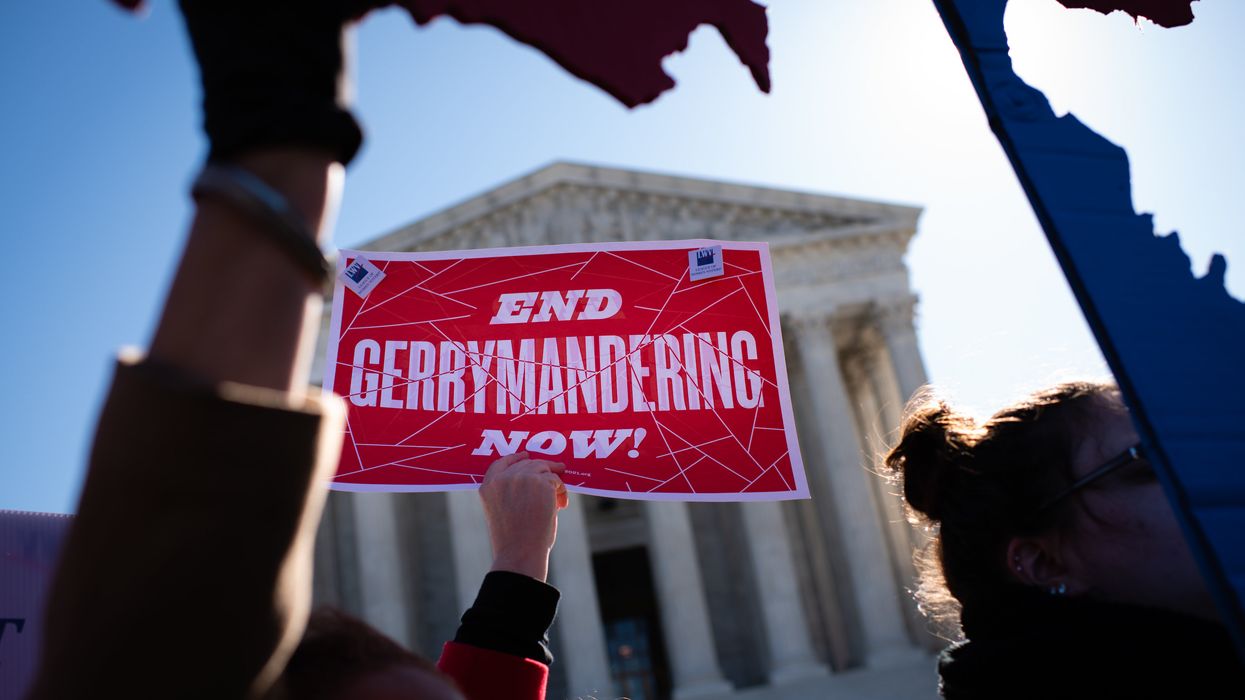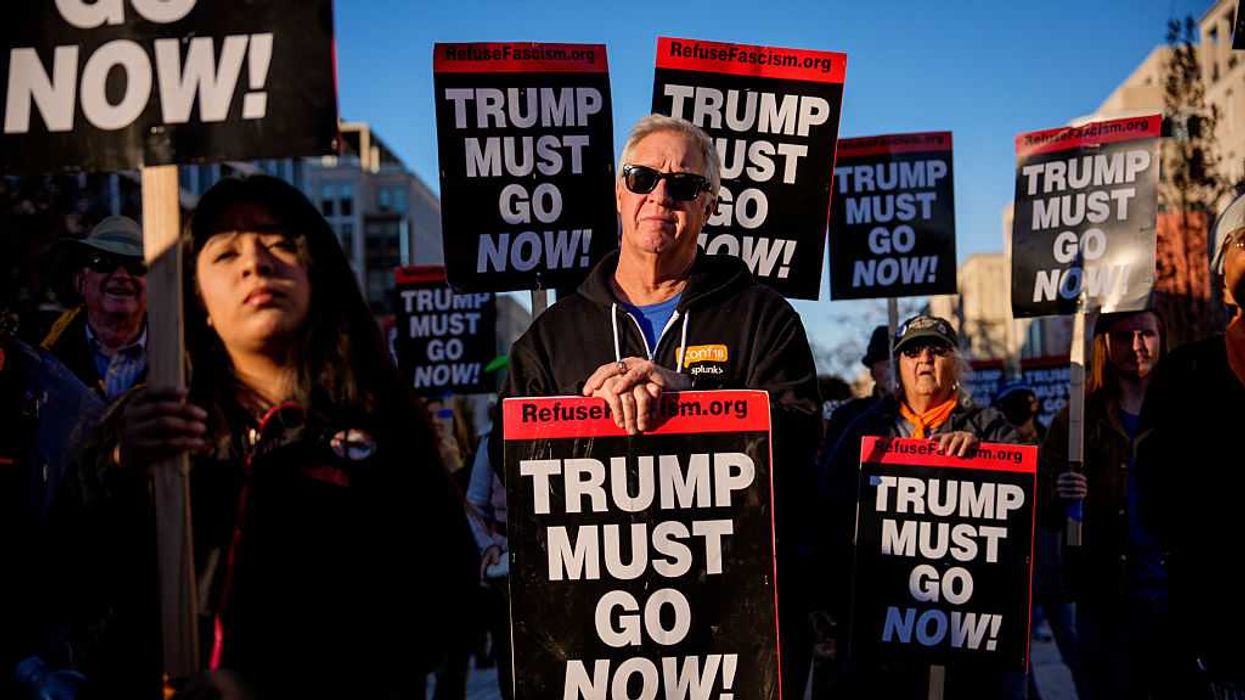Kevin Frazier is a student at the Harvard Kennedy School and the University of California, Berkeley School of Law.
It’s increasingly hard to see how the other half lives. The pandemic has only created more means for the haves to distance themselves from the have-nots. Physically, you can pay $12 to make sure no member of the riffraff sits next to you on the Flix bus. Temporally, you can hand $30 over to Southwest to receive priority boarding and minimize standing for too long next to the commoners.
Though these seem like harmless instances of people merely improving their travel experience, the motivations behind spending that extra money suggest something that we’ve long denied: We are teetering on the edge of becoming a caste society. Some think we already have toppled over it into a society in which your rank is assigned and fixed.
Pay-for-separation schemes allow wealthier Americans to escape situations, conversations and inconveniences. Wealth frees them from dealing with the problems of the poor — and with poor people. Solo seats, prioritized boarding times, and unshared Uber rides free the elite from ever having to truly engage with the rest of America — an America that holds different beliefs and fewer degrees, travels less and works more, and doesn’t have the luxury of opting out of experiences they regard as simply not worth their time.
Like Los Angeles drivers adjusting to life in perpetual traffic, we’ve become accustomed to wealth dividing us at every encounter. The words you use, the restaurants you visit and the candidates you support have all become proxies for your position in the caste hierarchy. Just as classes in the Hindu caste system are based on degrees of ritual purity or pollution, your class in America is contingent on not only having wealth, but acting like it as well — practicing all the tenets of being a good member of the highest economic rung.
If our class system becomes further entrenched, then our democracy will continue to falter. A democracy cannot solve problems if the people most likely to occupy positions of power (i.e. the rich) dodge experiencing the problems of their constituents like it’s a fastball from an Astros pitcher. Universal access to the internet wasn’t a priority prior to the pandemic because it wasn’t a problem, if you were rich. We’ve continued to under-invest in public transit because the affluent have several ways to make sure they never ride it. And, climate change has persisted because the most meaningful actions (like significantly decreasing airline travel) would disproportionately require sacrifice by wealthy individuals.
Stopping our slide into a caste system requires calling out the excessive ways in which wealth is used to separate the haves from have-nots. It also requires looking for ways to empower those closest to modern problems to take on positions of power.
Imagine how our response to Covid would have shifted if more elected officials and government leaders had recently been frontline workers themselves.
Imagine how our priorities would shift if we allowed community members to dictate how federal and state recovery funds would be spent, rather than permitting distant officials to make those calls.
Imagine a country in which your wealth did not predict your mental, physical and civic health.
That’s the country America was meant to be. Though our Founders were flawed in many respects, they certainly got this right: An aristocracy is not compatible with a democracy. This was never meant to be a place for kings and queens. Nor should it ever become a place of perpetual and generational poverty. We need to revive our historic disdain for excessive wealth and end the spread of pay-for-separation schemes into every aspect of daily life.
